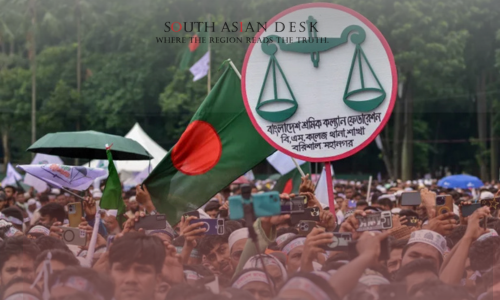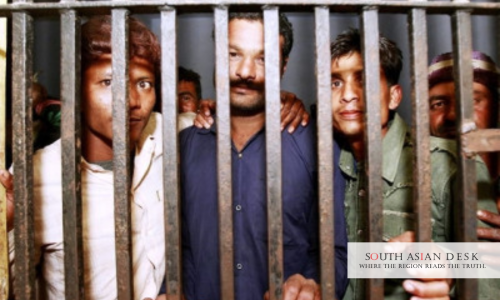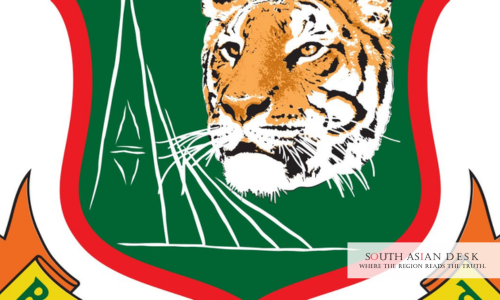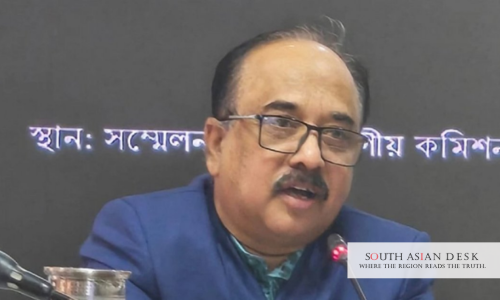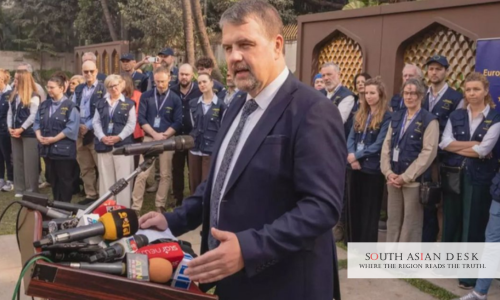Hundreds of thousands of supporters of Bangladesh’s largest Islamist party, Jamaat-e-Islami, gathered in Dhaka on July 19, 2025, to demand a comprehensive overhaul of the nation’s electoral system ahead of the general elections expected next year. The rally, held at the historic Suhrawardy Udyan, marked a significant moment for the party, which had been barred from holding public gatherings at the site since Bangladesh’s independence in 1971. The event signaled a shift in the country’s political landscape, with the interim government led by Nobel laureate Muhammad Yunus allowing the rally amid ongoing tensions.
Jamaat-e-Islami presented a seven-point demand to the Yunus administration, emphasizing the need for free and fair elections, justice for past mass killings, and the adoption of a proportional representation system to ensure broader political inclusion. The party’s leader, Shafiqur Rahman, addressed the crowd, framing the rally as a call to combat corruption and build a governance system rooted in Islamic principles. Supporters, including many who spent the night on the Dhaka University campus, expressed their vision for a reformed Bangladesh free from systemic corruption, with some asserting that unified Islamist parties could dominate future elections.
The rally’s location at Suhrawardy Udyan, where Pakistani forces surrendered in 1971, stirred controversy. The Awami League, led by former Prime Minister Sheikh Hasina, condemned the interim government’s decision to permit the event, calling it a betrayal of those who fought for Bangladesh’s independence. Hasina, now in exile in India following her ouster in 2024 due to student-led protests, remains a polarizing figure, with her party banned under the current administration. Jamaat-e-Islami, historically linked to Pakistan during the 1971 war, faced severe repression under Hasina’s rule, including the execution or imprisonment of its leaders for alleged crimes against humanity.
The party’s resurgence comes at a time of political flux, with Jamaat-e-Islami aiming to contest 300 parliamentary seats and forge alliances with other Islamist groups and the newly formed National Citizen Party, which also shares anti-India sentiments. The rally highlighted the party’s growing influence, though public trust remains a challenge due to its historical role in 1971. Supporters like Mohammad Abdul Mannan, a 29-year-old activist, argued that the party has been unfairly targeted and deserves a voice in shaping Bangladesh’s future.
With elections potentially set for April 2025, or earlier in February as demanded by the Bangladesh Nationalist Party (BNP), the rally underscores the deepening fragmentation of Bangladesh.
Published in SouthAsianDesk, July 20th, 2025
Follow SouthAsianDesk on X, Instagram and Facebook for insights on business and current affairs from across South Asia.


